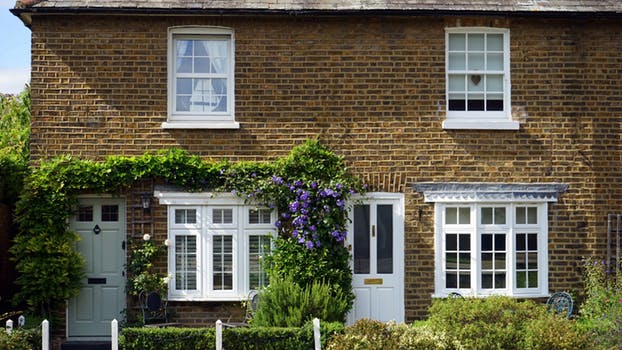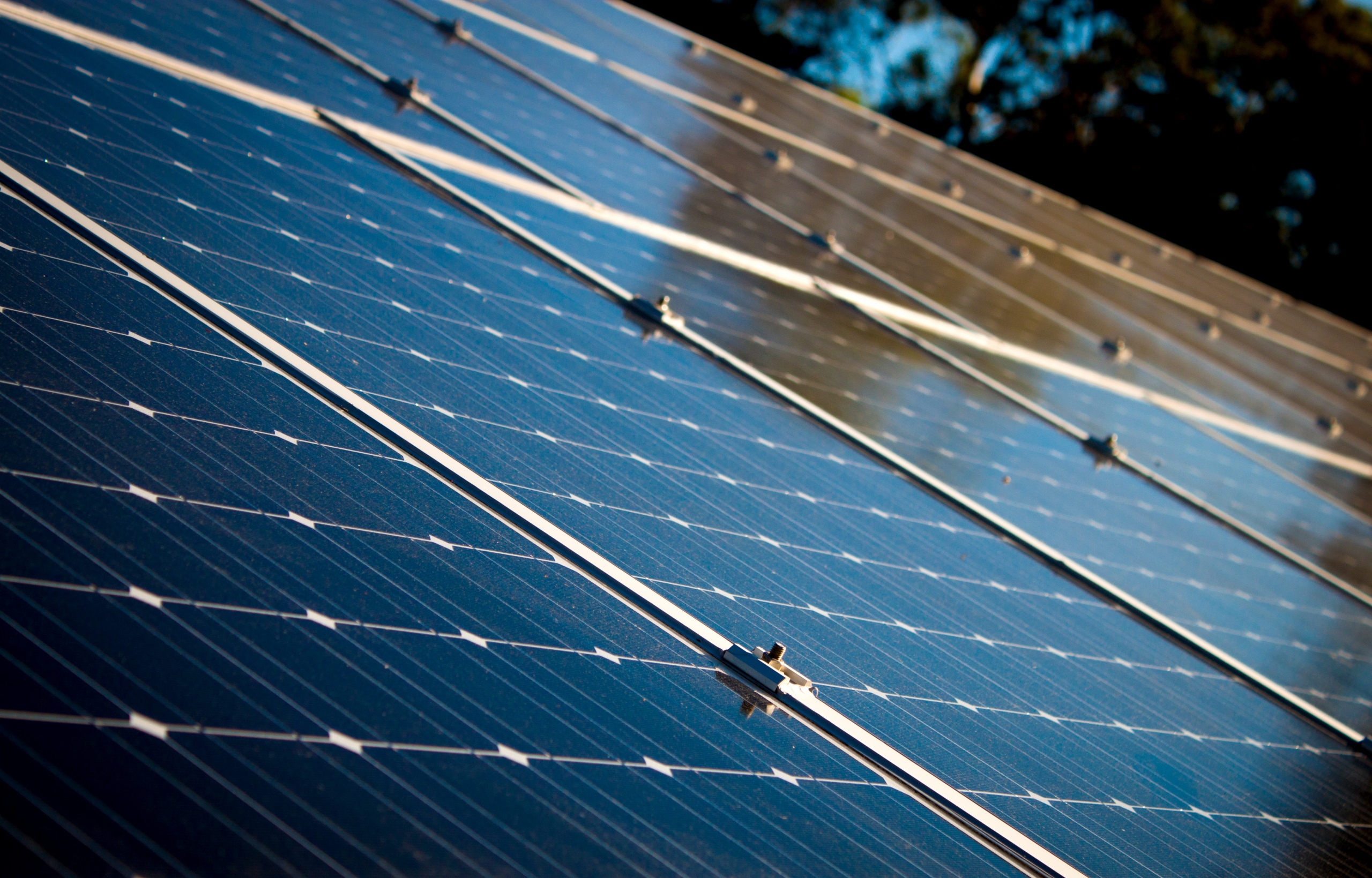The government have announced that there will be a new nuclear plant built in the UK, but how will this impact on consumer’s household bills?
The consortium includes Chinese investors, and will be lead by the EDF Energy company. Hinkley in Somerset is to be where the new power plant will be built.
What the Ministers Say
Ministers in favour of the nuclear power plant say that consumers in the long run will benefit from cheaper energy bills and will help protect the environment due to lower carbon emissions being pumped into the atmosphere; so, good news then?
Well, critics for the plans to build the plant, warns that by promising the group a fixed price for electricity, which will be set at twice as much as the current level will undoubtedly increase consumer household bills.
The Secretary of State for Energy, Edward Davey stated that “for the first time, a nuclear station in this country will not have been built with money from the British taxpayer.”
There are two reactors currently planned for the nuclear power station, which is expected to provide power for UK homeowners for around 60 years, and is said to play a key part of shifting the UK away from using non-renewable energy resources and high carbon power.
Timing
Both Ministers and EDF have been in talks in regards to the nuclear power station and cost of electricity for the best part of a year. The government has estimated that building the power station will cost approximately £16bn to build. But, we all know how these costs can quickly spiral out of control from other projects and always seems to take longer than first thought.
Ministers and EDF have finally agreed on the “strike price” of £92.50 for each megawatt that Hinkley C generates, which is nearly twice as much as the current wholesale cost of electricity; simply staggering.
There is a feeling amongst critics and consumers of how this can be a cheaper alternative for the future and who’s going to pick up the bill? However, this can only mean that more renewable energy resources will be used and that there will be a shift from using fossil fuels.
‘Competitive Pricing’
The cost per megawatt hour will reduce to £89.50, but only if the EDF Group goes forward with the plans to develop a n additional new nuclear power station in Suffolk. Carrying out both projects, would enable EDF to share the cost of building and electricity prices across both and in theory making the project and energy cheaper for consumers and the government.
There are those that swear by the competitiveness of the project as Mr Davey stated that ‘the deal was “competitive” with other large-scale clean energy and gas projects’.
Ed Miliband also had his say on the subject: “The prime minister… can’t freeze prices now for the consumer”
“While consumers won’t pay anything up front, they’ll share directly in any gains made from the project coming in under budget”.
John Cridland, also welcomed the plans for the development of the nuclear power station by suggesting that it’s a “landmark deal” and argues the following points:
“It’s important to remember this investment will help mitigate the impact of increasing costs. The fact is whatever we do, energy prices are going to have to go up to replace ageing infrastructure and meet climate change targets – unless we build new nuclear as part of a diverse energy mix.”
On the other hand, has the coalition government gone back on their word as they declared that they’d “never subsidise nuclear” and that this would be subsidising nuclear power, claims Dr Paul Dorfman, of the Energy Institute at University College London.
Dr Paul added to this that “It is essentially a subsidy of between what we calculate to be £800m to £1bn a year that the UK taxpayer and energy consumer will be putting into the deep pockets of Chinese and French corporations, which are essentially their governments.”
Conclusion
Time will tell if the nuclear power plant stations are what the UK needed in order to tackle environmental issues, energy resource issues and the cost of rising energy and fuel.
Featured images:
License: Image author owned
Jack, the author of this article is a well established professional working in the energy sector as part of a commercial energy consultants group and has gained invlauable experience and knowledge in energy procurement over the years.





